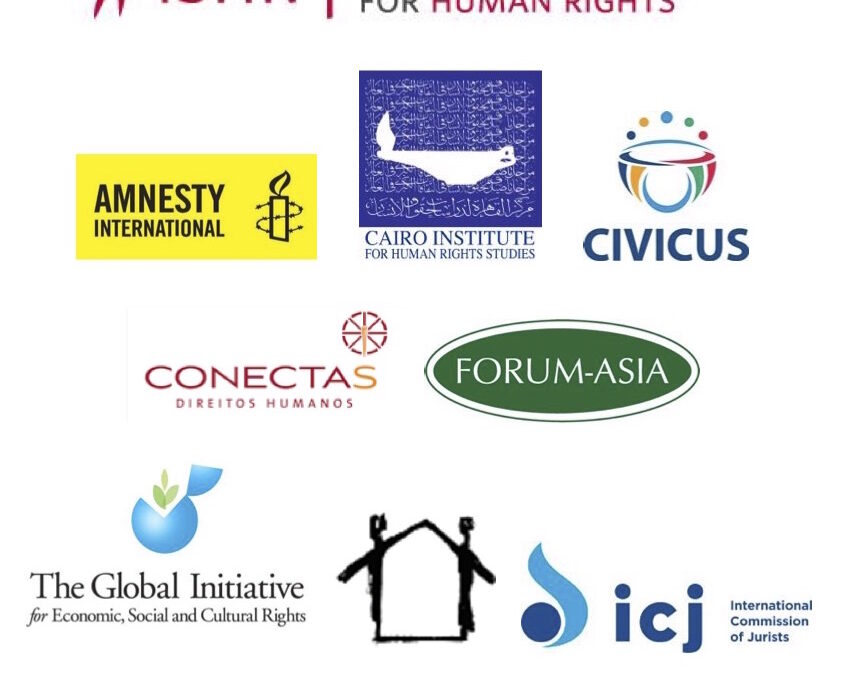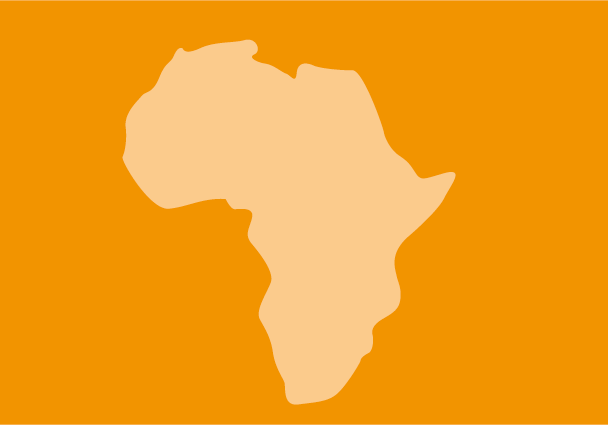
Jun 28, 2017 | Advocacy, Non-legal submissions
The ICJ has joined other leading human rights NGOs in setting out a range of specific measures to increase the effectiveness of UN Special Procedures – independent experts appointed by the Human Rights Council to address particular themes or countries.
The written submission was made in the context of the Annual Meeting of the Special Procedures, in Geneva.
Coordinated by the International Service for Human Rights (ISHR), the document assesses current practices against a range of recommendations made in an earlier joint civil society submission in 2016.
The 2017 submission welcomes progress on a number of the recommendations, but also highlights issues where little or no progress has been made. It also offers several new recommendations.
Among the positive developments are the enhanced role of the Coordination Committee, action taken to combat reprisals, the creation of a database where details of individual communications (i.e. complaints) can be accessed, and engagement of Special Procedures with international and regional forums.
The full 2017 submission, entitled “The Special Procedures: Developments in Institutional Strengthening and Working Methods”, can be downloaded in PDF format here: UN-Submission-AnnualMeetingSpecialProcedures-2017

Mar 19, 2013 | Advocacy, Non-legal submissions
The ICJ today welcomed the recent deposit of the tenth instrument of ratification to the Optional Protocol to the International Covenant on Economic, Social and Cultural Rights (ICESCR).
Noting that the entry into force of the Optional Protocol (OP) on 5 May 2013 will mark an historic boost to the international protection of economic, social and cultural rights, the ICJ called on the Human Rights Council and its members to become party to the OP and other individual communications procedures of the treaty bodies.
The ICJ’s statement was made during the General Debate under Item 8 of the Human Rights Council’s agenda (follow-up and implementation of the Vienna Declaration and Programme of Action) during the 22nd regular session of the Council (25 February to 22 March 2013).
HRC22-Item8GD-OPICESCR-NonLegalSubmission-2013 (download full statement in ODF)

Jun 3, 2011 | Events
The ECOWAS Court has played a commendable role in upholding human rights and the rule of law and in imposing remedies where violations have occurred.
However, its much applauded judgements and pronouncements has been followed by poor state compliance and a gap of effective implementation or enforcement measures. Failure to move from good judgements to effective implementation or enforcement thereof has continued to seriously hamper the effectiveness of the ECOWAS Court and to lessen public confidence in its role as a custodian of the rule of law and human rights in the West African sub-region.
In view of this, it is worth bringing together legal and human rights practitioners, academics and activists from West Africa to deliberate on mechanisms and strategies for an effective implementation and enforcement of judicial decisions from the ECOWAS Court. The symposium will be held in Dakar, Senegal, on 6- 7 June 2011.
Learning from positive and negative experiences from other African sub-regional courts, the discussions will focus on a wide range of topics, identify the role of sub-regional lawyers and human rights activists and put in place strategies for their active involvement in the effective implementation and enforcement of judicial decisions from the ECOWAS Court.
West Africa-judical decisions ECOWAS Court concept note-events-2011-eng (concept notes in English, PDF)
West Africa-judicial decisions ECOWAS Court programme-events-2011-eng (programme in English, PDF)

Jun 19, 2008 | News
The United Nations Human Rights Council yesterday approved by consensus an Optional Protocol to the International Covenant on Economic, Social and Cultural Rights.

Dec 5, 2006 | Advocacy, Position papers
Document submitted by the ICJ to the UN Human Rigths Council “Working Group on the issue of reviewing and, where necessary, improving and rationalizing all mandates, mechanisms, functions and responsibilities in order to maintain a system of special procedures, expert advice and a complaint procedure” on 1 December 2006.
Complaint procedure HRC-Advocacy-2006 (full text, PDF)









